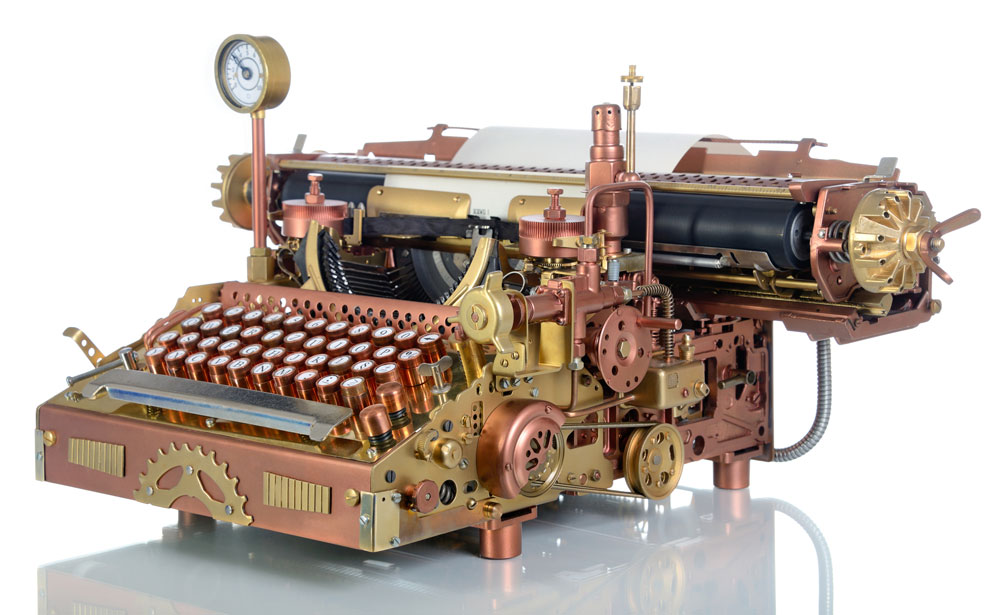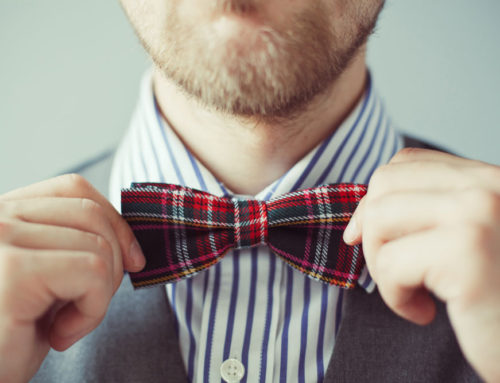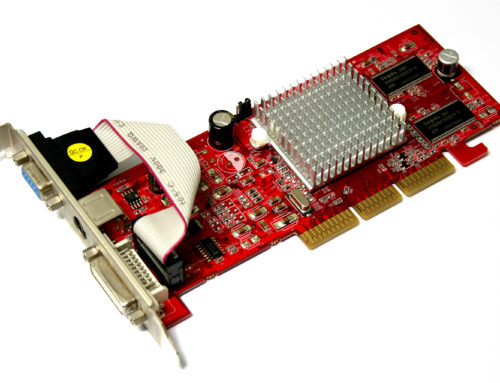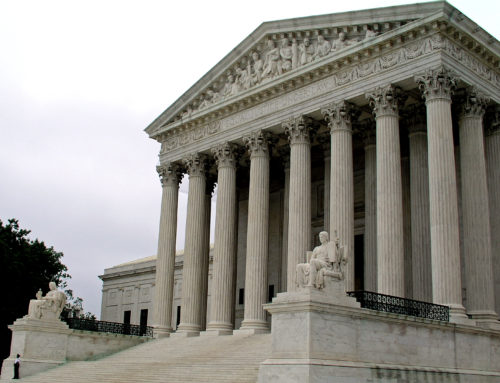Myth of the Poor Man’s Patent
With the frequency that potential clients ask me about the “Poor Man’s Patent”, I’m surprised that the “Myth of the Poor Man’s Patent” hasn’t been featured on Myth Busters. The Myth goes like this: to prove that you created an invention, you should write down your idea and mail it to yourself. The date stamp on the envelope will prove the date of conception.
To the best of my knowledge, nobody has ever attempted to prove the date of conception using this approach. It has probably never occurred because no registered patent attorney would put forth such an argument.
Moot Point
Even if the Poor Man’s Patent worked against the advice of a patent attorney, it’s a moot point. As of March 2013, the patent system switched to a first to file system. For the purposes of obtaining patent rights, the law no longer is concerned with who was the first to invent, but instead focuses on who first files a patent application. Thus, the myth of the poor man’s patent should slowly subside as the public slowly learns of the changes to the patent laws.
Accordingly, the only way to obtain patent rights is by filing a patent application. The patent process is complex and the majority of inventors need help from an experienced patent attorney. Inventors who are considering a “Poor Man’s Patent” certainly need advice and counsel of a registered patent attorney. And whether a patent application is drafted by a registered patent attorney could influence investors wiliness to invest in your idea.









Recent Comments